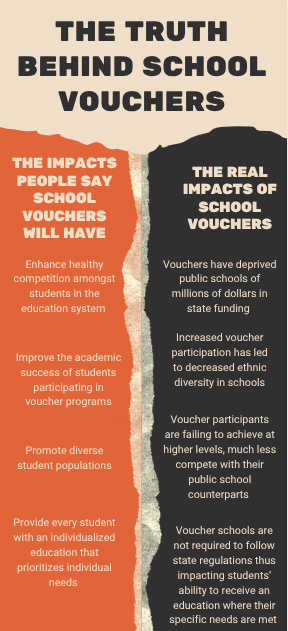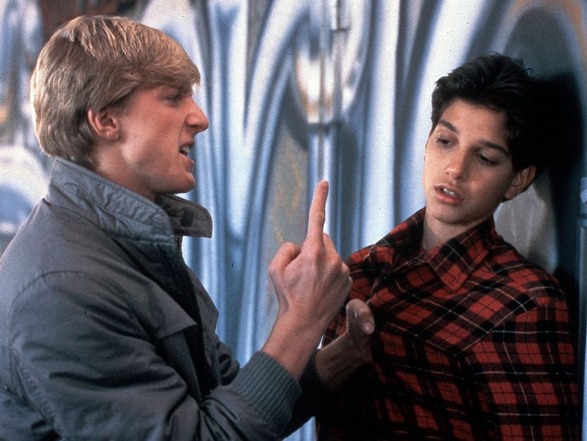
Do veterans get the help they need from the VA or VFW?
When we need servicemen, they risk their lives.
When servicemen need us, we turn away.
This is a sad reality.
The United States Department of Veterans Affairs (VA) was created to provide monthly benefits to veterans in recognition of the effects of disabilities, diseases, or injuries incurred during active military service. Another organization with the intent of supporting veterans is the Veterans of Foreign Wars of the U.S. (VFW).
Both important organizations are falling short of providing the needed help.
According to Stacey Owens the US “now [has] more veterans on the streets” than we did before the Vietnam War.
One major problem is that the programs do not adequately publicize their services. “The VFW does not help out veterans like they should because the VFW does not tell about their programs,” veteran Dale Miller said. If they were told about their programs, there would be fewer overdoses, suicides, and homelessness. The governmental programs must reach out more effectively to help these men and women. Miller tells us that the Veterans of Foreign Wars has many programs available to veterans, but few veterans know about them. The VFW does a poor job of marketing programs to veterans. Most veterans think the local VFW Post is a place to go drink and play bingo. The VFW has numerous resources at the national level of the organization, but at the state and local levels, the Posts are cash-strapped and spend most of their funds on facility maintenance. The local posts could be of great help to veterans if they were staffed full-time with the right people, i.e., counselors, veteran service officers, and VFW member advocates. The VFW could be a great resource if organized and staffed correctly at the local post offices.
Miller goes on to say that “[t]he Department of Veterans Affairs has a combative relationship with veterans at best. The VA is supposed to be where veterans apply for benefits such as disability compensation, service-connected health issues, etc. The organization is administered very similarly to an insurance company, and it is to the financial benefit of the VA leadership to deny benefits to veterans. The annual bonuses of VA leaders are determined directly by how much of their annual budget they do not spend. Claims for disability compensation take years to process, and claims for service-connected health issues take years to process as well. Veterans are dying while waiting for their service-connected health issues to be approved.”
While they are waiting for approval, these health issues go untreated because the veteran cannot afford to pay for the health care. Health issues that are service-or combat-related will not be covered by an employer’s Group Health Plan or private health insurance, and the cost of health care to treat these issues is simply unaffordable.
There are many other benefits offered by the VA, and some they do quite well, like education benefits. However, veterans are currently in a healthcare crisis and are dying at a high rate. This needs to change, society and the programs we have in place to help our veterans are failing.
Often, homelessness is the result of a mental health illness. According to the Mental Health Services Administration, more than half of veterans with mental illness did not receive treatment within the past year. Additionally, more than 90 percent of those experiencing a substance use disorder did not receive treatment. This data suggests that veterans may be suffering in silence and that barriers to care exist, including stigma. Behavioral health is essential to overall health, and we all have a role in ensuring that service members, veterans, and their families are prepared for their next steps in life as they transition.






